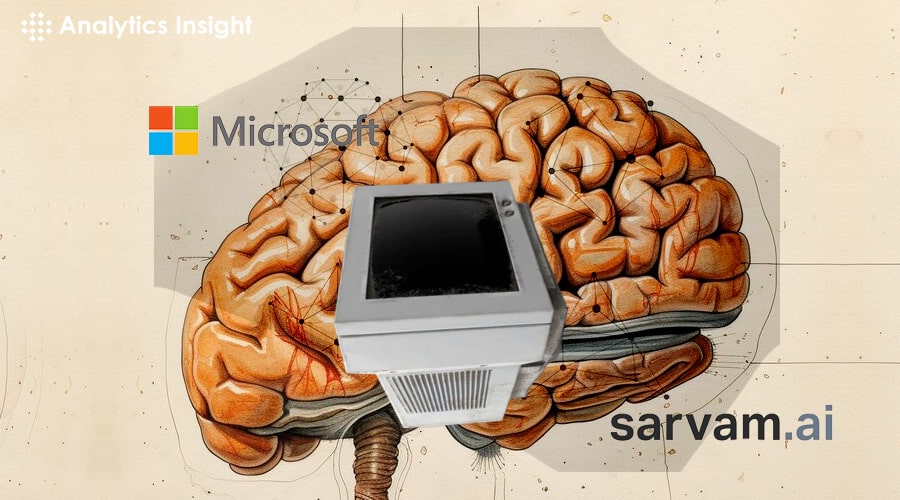
The Rise of Autonomous AI Agents: A New Era in Artificial Intelligence
In the realm of artificial intelligence, a new wave of innovation is sweeping through the landscape, heralding the dawn of autonomous AI agents. These agents, powered by large language models (LLMs), are poised to revolutionize the way we interact with technology and conduct business.
The Emergence of Autonomous AI Agents
Recent advancements in generative AI have paved the way for the development of autonomous AI agents that exhibit a level of autonomy previously unseen. Researchers, vendors, and hobbyists are actively exploring the potential of these agents to perform tasks independently and even collaborate on complex processes. The introduction of tools like BabyAGI, AutoGPT, and AgentGPT has sparked a wave of interest in the industry, with major players like Microsoft, OpenAI, and UiPath investing in the development of autonomous AI offerings.
Challenges and Opportunities
While the initial excitement surrounding autonomous agents is palpable, significant challenges lie ahead. Enterprises are eager to leverage the capabilities of these agents but are also wary of potential issues related to data security, transparency, and ethical considerations. The integration of autonomous agents into existing systems poses a unique set of challenges that must be addressed to ensure seamless operation.
The Future of Autonomous AI
Looking ahead, autonomous AI agents are poised to play a pivotal role in the evolution of artificial general intelligence (AGI). These agents, powered by LLMs and cutting-edge hardware, are set to usher in a new era of intelligent and adaptive systems. As the technology continues to mature, we can expect to see a proliferation of autonomous agents that interact seamlessly with humans and enhance our capabilities across various domains.
Navigating the Path Forward
As we embark on this journey towards a future powered by autonomous AI agents, it is essential to tread carefully. Ensuring the trustworthiness of these agents, addressing ethical concerns, and democratizing access to data are critical steps that must be taken to realize the full potential of this technology. By fostering a collaborative ecosystem where humans and autonomous agents work hand in hand, we can unlock new possibilities and drive innovation to unprecedented heights.
Conclusion
The era of autonomous AI agents is upon us, promising a future where intelligent machines coexist harmoniously with humans. By embracing the potential of these agents and addressing the challenges that lie ahead, we can pave the way for a new era of innovation and progress in the field of artificial intelligence.















